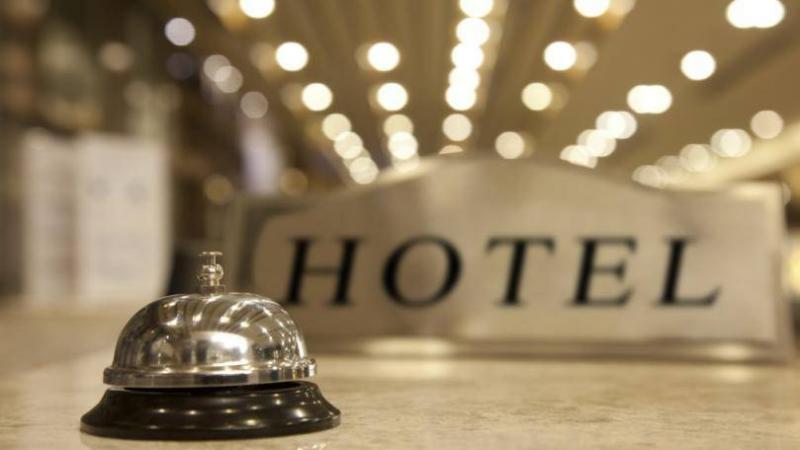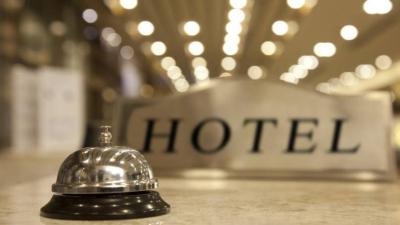Pierre Achkar, the head of the "Tourism Syndicates Union" and the "National Tourism Council," stated in a statement that "everything in Lebanon today is against tourism, whether it is the political, social, or financial reality. However, those responsible for tourism institutions believe that this reality will inevitably change, particularly since Lebanon still possesses its tourism components and the capabilities of its people."
Achkar revealed that "there have been widespread hotel closures outside of Beirut for 3 and 4-star hotels, as their occupancy rate has approached zero," reassuring that "these hotels will resume operations in the summer."
He attributed this situation to "the significant decrease in the number of tourists, which has coincided with a 'terrifying' rise in energy costs for tourism institutions, especially hotels, which have ranged between 35% and 40% of operating costs, while the international average ranges between 8% and 10%. This means that tourism institutions in Lebanon are paying four times the average energy costs compared to their counterparts worldwide."
Achkar noted that "hotels managed to achieve a financial buffer during the summer season, but the stagnation during this period of the year absorbs all those profits, whereas some hotels have started to incur losses."
He pointed out that "hotels and all Lebanese tourism institutions have been focusing on crisis management for many years more than on promoting tourism for themselves and other important details related to their work, and they have become experts in crisis management."
Achkar expressed concern regarding "the transportation costs of tourism institution employees to their workplaces following record increases in gasoline prices."
He concluded by warning that "the overall situation is very difficult, and continuing in this way will lead the country into the unknown. There must be a moral awakening to achieve a political solution that saves the country and its people from dire consequences."




